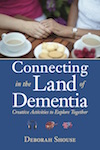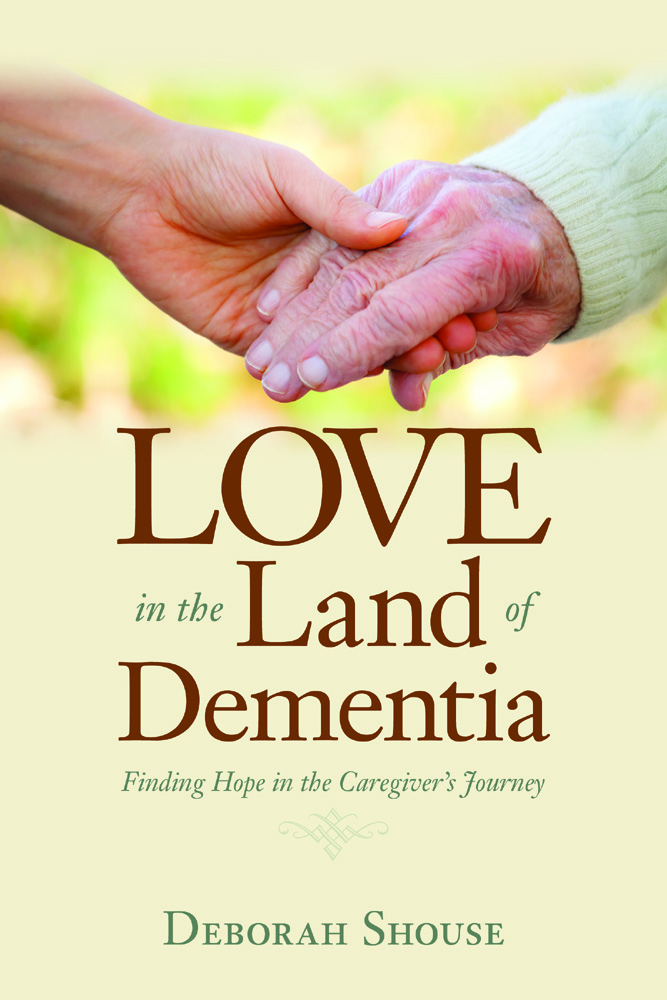Transferring Skills and Adapting Purpose: Wisdom from Paulan Gordon
As Director of Operations for a national call center, Paulan Gordon’s work required an intense travel schedule, detailed project management skills, and a rigorous adherence to industry standards. So when she started feeling confused, she attributed the struggles to stress. Some days, she felt so overwhelmed that she locked herself in her office and called her husband to come pick her up early.
She was asked to step down from her position. Initially, the loss of her career was both financially and emotionally staggering. Suddenly, she had no purpose, no income, and no peer group. She had to reinvent her life.
In 2012, at the age of 57, Paulan was diagnosed with vascular dementia. After a period of uncertainty, Paulan began using her interpersonal, communication, and management skills and volunteering as a mentor and a dementia advocate.
“I’ve learned there’s a lot more to life than success in business,” she says.
Building Friendships
When she was working, Paulan was so busy she didn’t have time to build friendships. Now, through her mentoring, she has developed deep connections with others who are living with dementia.
“The relationships you create within the walls of dementia are so intimate,” Paulan says. “People talk very openly about their personal problems and challenges. I feel enriched, being part of these conversations and having such close friends.”
Her work as a dementia mentor has also given Paulan a sense of purpose.
“I work with four people and all of them appreciate my phone calls and my caring. That appreciation boosts my spirits,” she says.
Through her mentoring and advocacy work, she’s met doctors, lawyers, teachers, entrepreneurs, and others who have applied their intelligence and skills to living successfully with dementia.
Speaking out for Adaptation
When Paulan gave business speeches, her hands grew clammy and her mouth dry. She battled nervousness and worried about getting facts wrong and making errors.
“Now, I don’t get very nervous,” she says. “I’m speaking from my heart about things close to me, so I can’t make a mistake. Plus, I’m motivated: I want to help others and I want people to understand the truth about dementia.”
Letting Go of Difficulty
“You’ve asked me that question five times already,” Paulan’s husband says.
“Then it must be really important,” she answers.
Paulan is happy she can laugh at trying situations. She has let go of things she can no longer do. She stopped driving because spatial relationships were difficult for her. Paulan knows she’s forgetful and sometimes repeats herself. Her husband and family take that repetition in their stride. She’s also trained her family not to interrupt her when she’s talking, because she can easily lose track of what she was saying.
“My husband doesn’t call attention to my deficits and I forget I have them,” she says.
Proactively, he reminds her about meetings and appointments. She uses a big planner and makes detailed notes, including instructions on how to sign onto the internet, and notes on various conversations.
Changing Reading and Money
Paulan is constantly using her creativity to solve problems. She was an avid reader, but her memory retention has diminished and understanding complicated novels with dozens of characters became a challenge.
“If I put down a book, I can’t remember what happened at the beginning,” she says. “Although there is an upside to the situation: I could save money reading the same books over and over again.”
She temporarily put down her tomes and started reading short stories and magazines. This allowed her to continue her beloved hobby without so much frustration.
She also worked around her reduced mathematical abilities. When she shops, she hands the cashier an extra dollar, so she doesn’t get overwhelmed by counting out coins.
“I hope people are honest when they give me change,” she says.
Stirring up her Spirits
“I don’t worry about dying” she says. “I basically feel positive.”
Many people have a distorted view of dementia. With her speaking and writing, Paulan helps people understand the truths of the disease.
“I like sharing ways to support friends and loved ones who are living with dementia,” she says. “This information helps prevent decline and dramatically increases the well being of both care partners and people living with dementia.”
Meanwhile, Paulan’s advocacy and mentoring work has filled her life with depth, friendships, creativity, and purpose.


